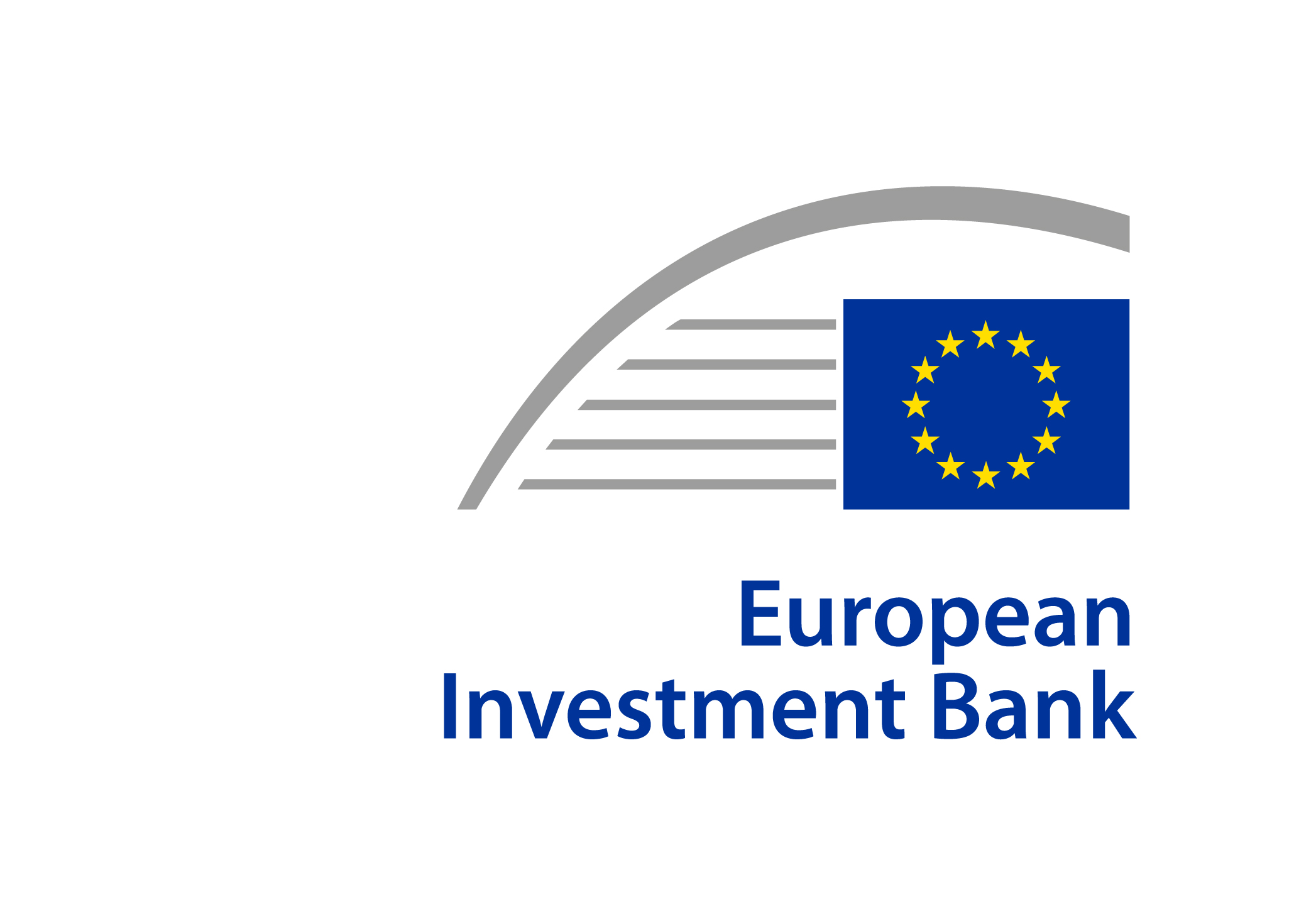

Banca d’ Italia, via Nazionale 91, 00184 Rome, Italy I online via Webex



Over the past years, surveys have gained importance to supplement information from “hard” economic data on various aspects of the economy, and to provide timely insights on the impact from sudden and unexpected developments, such as COVID-19, the energy crisis and the sudden sharp increase in inflation. Surveys cover a broad range of economic actors and sectors, such as households, firms, financial institutions and economic and financial forecasters. Central banks, policy institutions and academia are using insights from such surveys increasingly to inform their appraisal of the state and outlook of the economy as well as possible risks, to study the distributional effects of policies and to inform policy decisions. That said, existing surveys also have many limitations and caveats, and survey methods and research are currently developing very rapidly, given a changing economic environment, with new pressing policy and research questions emerging at a rapid pace. Call fpr Papers (pdf)
Scientific committee: David Loschiavo and Concetta Rondinelli (Banca d’Italia, local organizers), Ernest Gnan (SUERF), Geoff Kenny and Dimitris Georgarakos (ECB), Matteo Gatti and Peter Harasztosi (EIB).
Heterogeneous spending and saving behaviors: What can we learn from survey experiments?
Stefanie Stantcheva, Professor, Harvard University presentationPaper: A Diverse Fed Can Reach Underrepresented Groups
Michael Weber, University of Chicago I NBER presentationCo-author(s): Francesco D”Acunto, Georgetown University; Andreas Fuster, EPFL
Paper: Fed Sentiment and Expectations: Evidence from Speeches by FOMC Members
Greta Meggiorini, University of California, Irvine presentationCo-author(s): Eleonora Granziera, Norges Bank; Vegard H. Larsen, BI Norwegian Business School
Paper: Building Central Bank Credibility: The Role of Forecast Performance
Ryan Rholes, University of Oxford presentationPaper: Why firms lay off workers instead of cutting wages: Evidence from matched firm survey-administrative data
Marianna Kudlyak, Federal Reserve Bank of San Francisco I Hoover Institution presentationPaper: The effects of the 2021 energy crisis on medium and large industrial firms: evidence from Italy
Matteo Alpino, Bank of Italy presentationPaper: Advanced digital technologies and investment in employee training: Complements or substitutes?
Christoph Weiss, European Investment Bank presentationThe role of investor expectations in measuring policy uncertainty
Şebnem Kalemli-Özcan, Professor, University of MarylandPaper: How do borrower households adjust in a household foreign currency debt crisis?
Győző Gyöngyösi, Leibniz Institute for Financial Research SAFE presentationPaper: Wealth shocks and portfolio choice
Tullio Jappelli, Università di Napoli Federico II presentationco-author(s): Geoff Kenny, ECB; Dimitris Georgarakos, ECB and CFS, Dimitris Christelis, University of Glasgow
Paper: Household expectations and dissent among policymakers
Moritz Grebe, Giessen University presentationPaper: Cooling the mortgage loan market: The effect of value-based and income-based prudential limits on new mortgage lending
Martin Hodula, Czech National Bank presentationPaper: Short and variable lags
Vasco M. Carvalho, Universitat Pompeu FabraPaper: Inequality and business cycles
Florin Bilbiie, University of CambridgePaper: Distributional effects of inflation in the euro area
Filippo Pallotti, University College LondonThe use of private market surveys at the European Investment Fund (EIF)
Antonia Botsari and Frank Lang, EIF presentation